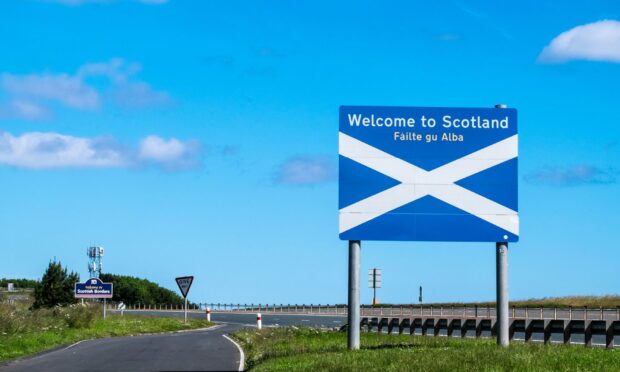Research has revealed a Scottish accent is less likely to inhibit life chances than a northern English one.
The Sutton Trust carried out a survey across the UK, and found a person’s accent was a “primary signal of socio-economic status” – with people assuming certain things based on the accent.
However, the team found Scots in their early career were the least concerned about their accents affecting their success in life.
Just 15% were worried, compared to 21% of people in the Midlands, 24% of people from the south of England and 34% from the north of England.
In the UK, received pronunciation – also known as an RP accent – closely associated with the late Queen and the BBC is highly ranked.
The Sutton Trust is a charity that champions social mobility through research and policy.
Rebecca Montacute, research and policy manager from the trust, said other highly ranked are “national” accents, including Scottish – although, a “more refined” one.
Speaking to BBC’s Good Morning Scotland, she said: “As part of the work, researchers looked at how prestigious people think different accents are and standard Scottish, so something you might expect someone from a well-off background in Edinburgh would speak, actually came out as one of the most prestigious accents only just after received pronunciation.”
‘Talent in Britain is spread evenly, but opportunities are not’
Ms Montecute added that while standard Scottish came out highly, many Scots don’t have that accent type, so their experience is very different.
The research found that 27% of university students didn’t think their Scottish accent would affect their future careers.
However, 42% of university students said their Scottish accent had been mocked by others in a social setting.
Ms Montecute said: “There definitely are instances of discrimination bias being experienced by Scottish people for their accent, even if that standard Scottish accent is ranked very highly for prestige.”
She also reaffirmed that people “make very quick decisions” about the person they are speaking to based on their accent.
Ms Montecute believes that to tackle accent bias, more people with diverse accents should be in positions of power.
She says that over the last 20 years, the gap has narrowed between accents and people’s assumptions, but there is still a long way to go.
Sir Peter Lampl, chairman of the Sutton Trust, added: “Talent in Britain is spread evenly, but opportunities are not.
“That means there are talented young people with every kind of accent, but for many, they need to work harder to prove their worth, just because of how they speak.
“This country has learned to be more diverse in many respects, but there remain taboos about accents.
“We must embrace the diversity of accents to enable those from all backgrounds and parts of the country to have the chance to succeed.”


Conversation